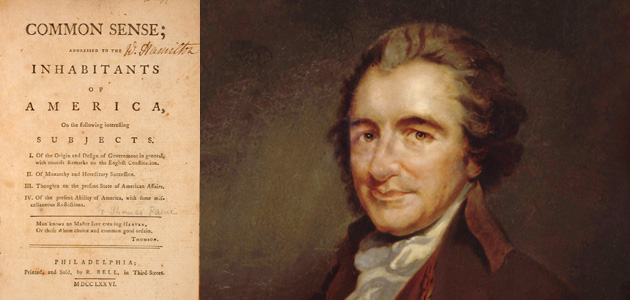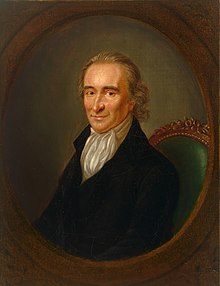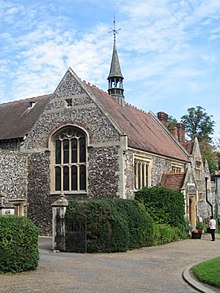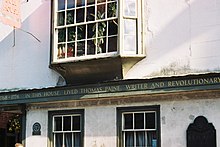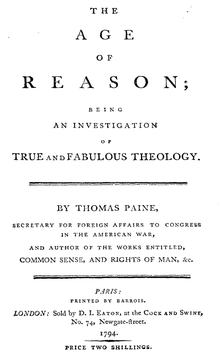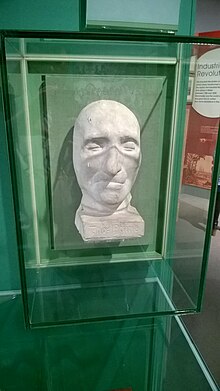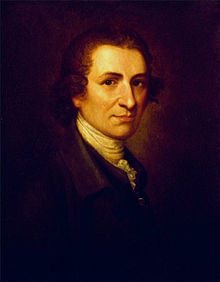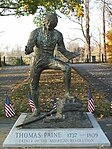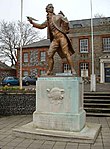The Writings of Thomas Paine, Vol. I (1774-1779) - Online Library of Liberty
About this Title:
Vol. 1 of a 4 vol. collection of the works of Thomas Paine. Vol. 1 contains letters and newspaper articles, Common Sense, and The American Crisis.
Copyright information:
The text is in the public domain.
Fair use statement:
This material is put online to further the educational goals of Liberty Fund, Inc. Unless otherwise stated in the Copyright Information section above, this material may be used freely for educational and academic purposes. It may not be used in any way for profit.
Table of Contents:
INTRODUCTION.
PREFATORY NOTE TO PAINE’S FIRST ESSAY.
I.: AFRICAN SLAVERY IN AMERICA.
II.: A DIALOGUE BETWEEN GENERAL WOLFE AND GENERAL GAGE IN A WOOD NEAR BOSTON.1
III.: THE MAGAZINE IN AMERICA.1
IV.: USEFUL AND ENTERTAINING HINTS.1
V.: NEW ANECDOTES OF ALEXANDER THE GREAT.1
VI.: REFLECTIONS ON THE LIFE AND DEATH OF LORD CLIVE.1
VII.: CUPID AND HYMEN.1
VIII.: DUELLING.1
IX.: REFLECTIONS ON TITLES.1
X.: THE DREAM INTERPRETED.1
XI.: REFLECTIONS ON UNHAPPY MARRIAGES.1
XII.: THOUGHTS ON DEFENSIVE WAR.1
XIII.: AN OCCASIONAL LETTER ON THE FEMALE SEX.1
XIV.: A SERIOUS THOUGHT.1
XV.: COMMON SENSE.1
XVI.: EPISTLE TO QUAKERS.
XVII.: THE FORESTER’S LETTERS.1
XVIII.: A DIALOGUE1
XIX.: THE AMERICAN CRISIS.
I.
II.: TO LORD HOWE.2
III.
IV.
V.: TO GEN. SIR WILLIAM HOWE.1
VI.: TO THE EARL OF CARLISLE, GENERAL CLINTON, AND WILLIAM EDEN, ESQ., BRITISH COMMISSIONERS AT NEW YORK.1
VII.: TO THE PEOPLE OF ENGLAND.
VIII.: ADDRESSED TO THE PEOPLE OF ENGLAND.
IX.
X.: ON THE KING OF ENGLAND’S SPEECH.1
XI.: ON THE PRESENT STATE OF NEWS.
XII.: TO THE EARL OF SHELBURNE.1
XIII.: THOUGHTS ON THE PEACE, AND THE PROBABLE ADVANTAGES THEREOF.
XX.: RETREAT ACROSS THE DELAWARE.1
XXI.: LETTER TO FRANKLIN, IN PARIS.1
XXII.: THE AFFAIR OF SILAS DEANE.1 TO SILAS DEANE, ESQ’RE.
XXIII.: TO THE PUBLIC ON MR. DEANE’S AFFAIR.1
XXIV.: MESSRS. DEANE, JAY, AND GÉRARD.1

